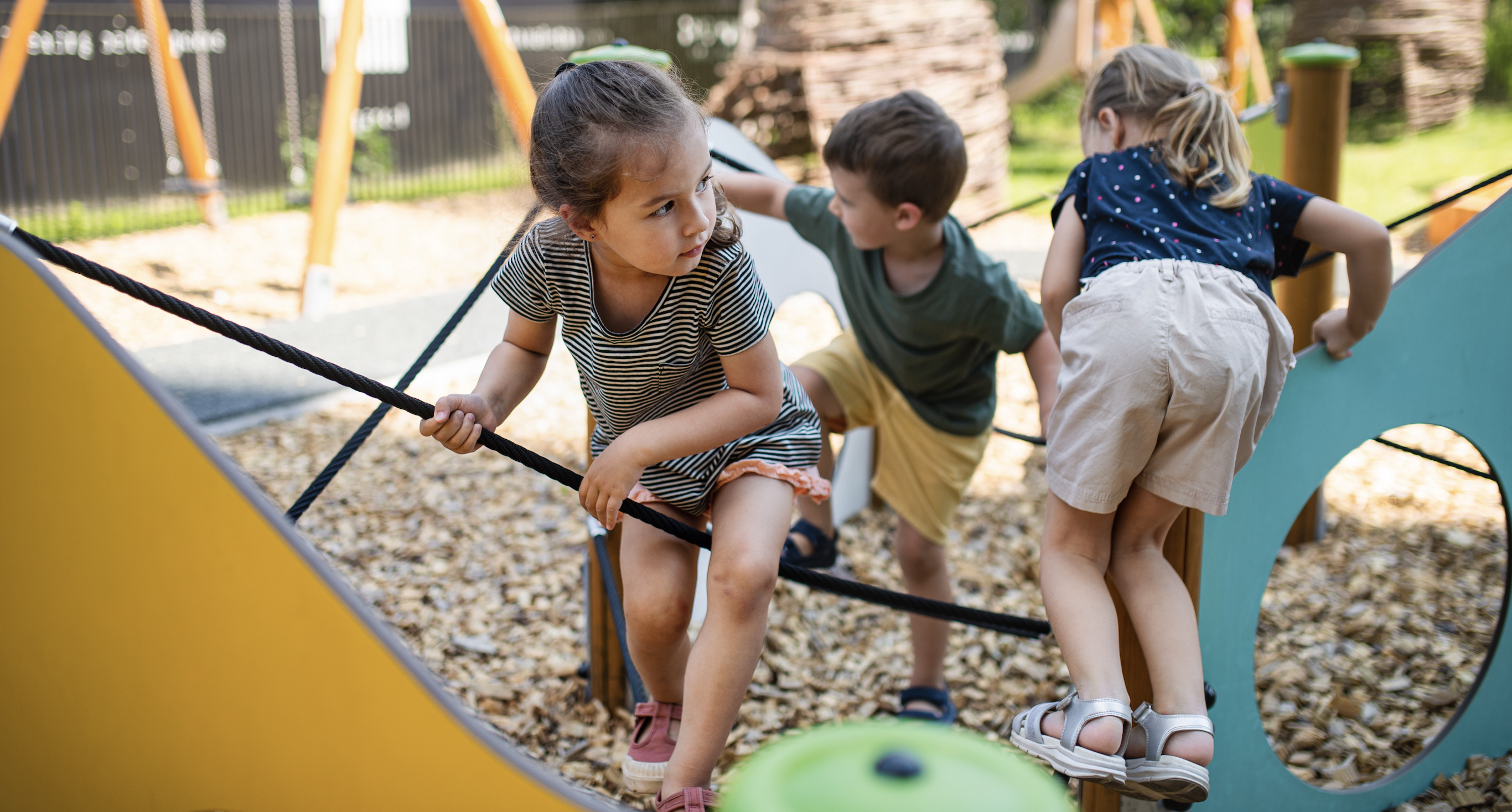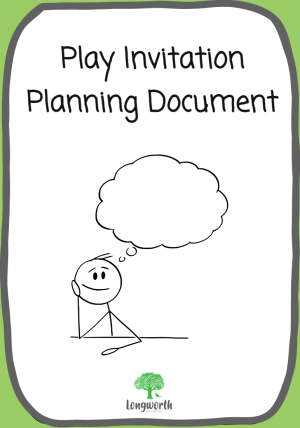Total$2.00

Rethinking Education: Listening to the Voices of Modern Adolescents
In the age-old narrative of education, high school has been touted as the essential pathway to a successful future. But as we delve deeper into the complexities of learning, it becomes increasingly evident that this traditional model might not be the best fit for everyone. Instead of perpetuating the one-size-fits-all approach, it’s time to listen to the voices of those who are actually experiencing it—the students.
Adolescents post-COVID are finding it hard to understand the entire point of school, of grades, and of further learning. During COVID, their school day and year changed dramatically, with a heavy reliance on hybrid learning. Post-COVID, this has led many kids to question the purpose of even going to school when we have Google and online learning. They find the concept of engaging in exams and assessments increasingly irrelevant.
The school experience of today’s teens is vastly different from that of their parents and grandparents. In the past, access to information was limited to textbooks and libraries, and career pathways were more straightforward and predictable. Today, information is at students’ fingertips—literally. They can look up anything they need to know in seconds, making traditional rote learning seem redundant.
Moreover, the career landscape has transformed. There is a boom in online and virtual career pathways, with many jobs now focusing on digital skills and remote work. This shift makes traditional qualifications seem less relevant. Add to this the significant uncertainties caused by the cost of living crisis, climate change, and rapidly changing technology, and it’s clear why the old models of education and career planning feel out of touch for modern adolescents.
Kids are giving us signs and directions to what the problem is, yet no one is listening. Listen closely, and you’ll hear a chorus of discontent among some students who are skipping school or simply enduring their education rather than embracing it. Their complaints aren’t mere gripes; they’re valuable insights into the flaws of our current system. Ignoring their perspectives only perpetuates the cycle of disengagement.
So, what can we do differently? How can we reimagine education to be more inclusive, engaging, and ultimately beneficial for all learners? The answer lies in embracing the power of play.
Functional play—the kind that fosters creativity, problem-solving, and collaboration—holds immense potential in transforming the educational landscape. By integrating play into the curriculum, we not only make learning more enjoyable but also more effective. Rather than learning how to regurgitate information and short facts in an order that is deemed relevant to the subject, students should be encouraged to use their given time to pursue the subject in their own way of learning. This could be watching a 20-minute video about the Trojan Horse on YouTube and then writing about it, or it could be teaming up with classmates to build a model of the horse itself to teach themselves how it would have worked.
Instead, school has created an environment where education has become a competition rather than a lifelong challenge. Students are constantly working to meet a grade or a standard in a system that dictates how they will perform for the rest of their lives.
This creates an incredibly difficult habitat for young people to step into. Self-doubt, low confidence, and struggling to think outside the box they have been moulded into can only create an aura of disregard when it comes to future paths of education and self-directed learning. This, in turn, can lead to skipping school and turning their back on paths into university and other education-based jobs.
Imagine a classroom where students engage in hands-on activities, simulations, and games that mimic real-world scenarios. Instead of passively absorbing information, they actively participate in their learning journey. Through role-playing exercises, for instance, they develop empathy and communication skills while grappling with complex issues.
Moreover, functional play serves as a powerful motivator, keeping students invested in their education. When learning is enjoyable, students are more likely to attend classes, participate actively, and retain information. By tapping into their natural inclination towards play, we can create a learning environment that is both enriching and sustainable.
But the benefits of play extend beyond academic success. It also nurtures essential life skills such as adaptability, resilience, and critical thinking—qualities that are indispensable in today’s rapidly evolving world. By prioritising play-based learning, we equip students with the tools they need to thrive not only in school but also in their future careers and personal lives.
The institution of school is supported by a deeply ingrained belief system that resists change, even as the world evolves rapidly around it. To truly encourage learning, we must provide students with the space to grow and nurture their self-confidence, allowing them to discover how they learn best. After all, no two students learn in exactly the same way or at the same pace.
Of course, implementing such changes won’t happen overnight. It requires a paradigm shift—a collective effort from educators, policymakers, and society as a whole. Key to this shift is having students at the decision-making table. We must be willing to challenge the status quo, to question long-held assumptions about education, and to embrace innovation. Doing education ‘to’ kids, rather than ‘with’ kids, is no longer acceptable.
So, the next time we hear a student lamenting the monotony of high school or skipping classes out of sheer boredom, let’s not dismiss their concerns. Instead, let’s engage with them, listen to their ideas, and work together to create a more vibrant, inclusive, and fulfilling educational experience. After all, they are the ones in school now, and their voices deserve to be heard.



